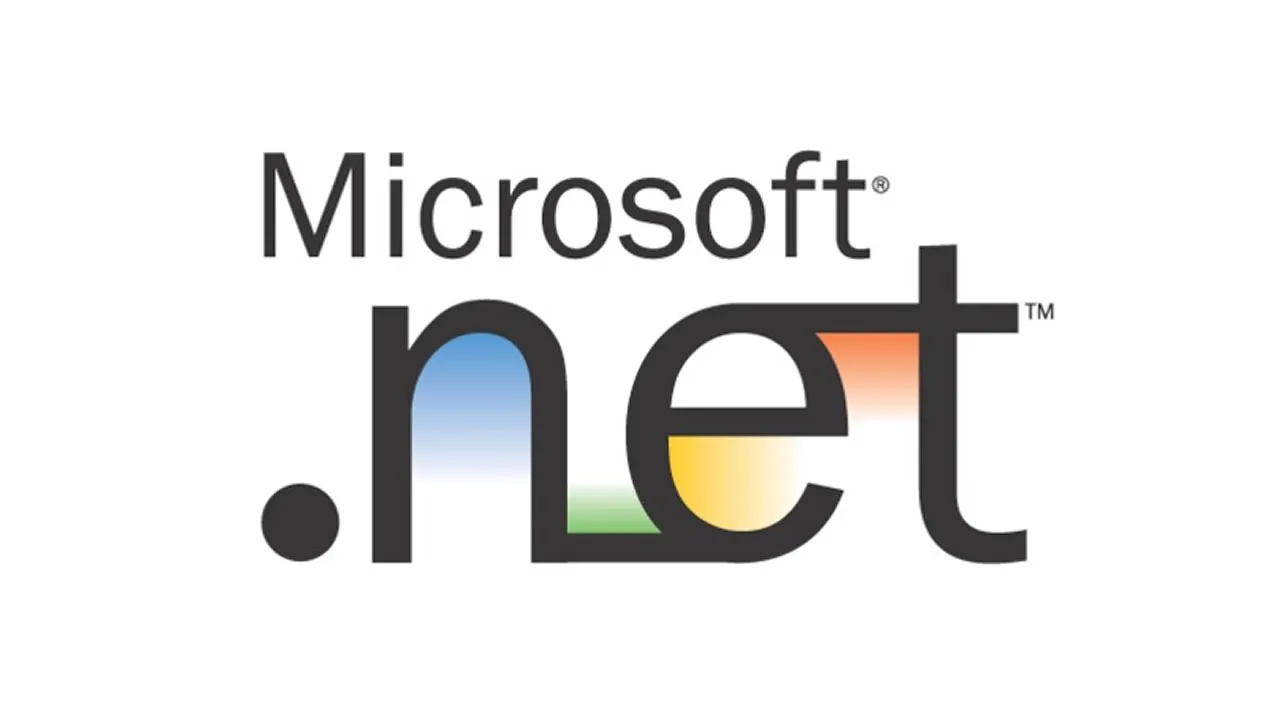- .NET MAUI (.NET Multi-platform App UI) will bring a lot of consistency to the developer experience, and enables some new, innovative experiences for developers
- Some of the main goals of .NET MAUI are about modernizing the design capabilities, and extending from mobile to desktop platforms starting with Windows and macOS
- Single project is a solution to align more closely with this developer focus while still providing all the native platform access important for delivering truly native experiences and it will be the default experience for new projects.
- The migration from Xamarin.Forms to .NET MAUI will be well defined, and the development team will try to make it smooth as possible.
- .NET MAUI will bring a lot of options to choose from and to decide what is best way for developers to design and develop their apps
.NET MAUI is an evolution of the Xamarin.Forms toolkit, aimed at improving app performance and simplifying multi-platform app development. The framework will provide a single codebase with built-in resources to access the native API for all modern operating systems (Android, iOS, macOS, Windows). Developers will be able to develop multi-platform applications under a single project structure, adding different resources or source code files for different platforms when necessary.
With all this great plan on the roadmap, InfoQ decided to interview David Ortinau, currently principal program manager for Mobile Developer Tools at Microsoft focused on Xamarin.Forms and now on .NET MAUI - to talk about .NET MAUI, the goals behind it, it’s future, and the migration path from Xamarin.Forms.
#xamarin #development #architecture & design #dotnet #dotnet 6 #dotnet maui
